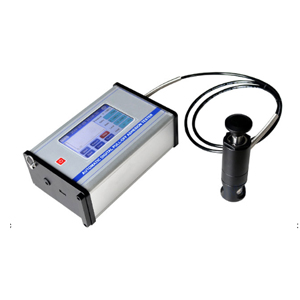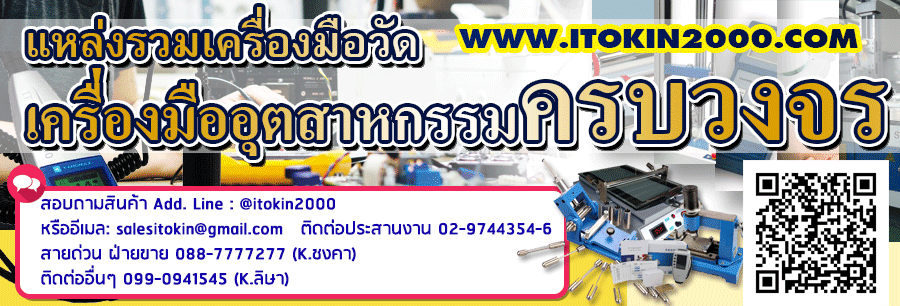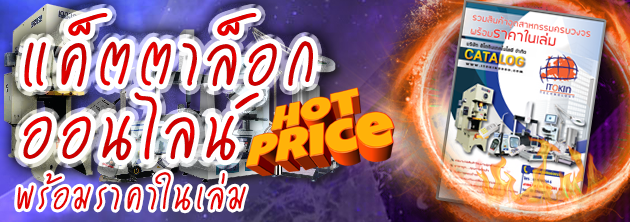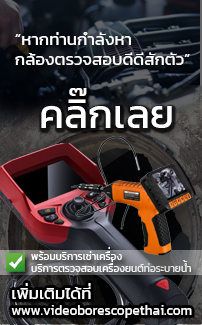Adhesion Tester Automatic Pull-Off LR-G019
เครื่องทดสอบการยึดเกาะสี

Introduction
There are currently three main methods for testing the adhesion of a coating to a substrate: cycling, cross-hatch, and pull-off. Both cycling and cross-hatch can only evaluate the grate of adhesion, but cannot quantify the results. The pull-off method can quantitatively describe the specific size of the adhesion, and it is clear to evaluate the adhesion of different coatings, which is very suitable for formulation developers.
Automatic Digital Pull-off Adhesion Tester is a new intelligent adhesion testing instrument developed by our company. It hydraulically tests the coating of a specific area. The whole process of pull-off is automatically performed by the instrument. Therefore, the pull-off speed is stable and controllable, avoiding the error caused by manual pressurization; the pull-off force can be accurately displayed by the digital display, and there are two different units of MPa and psi to be selected; the upper limit of pressurization can be set; after reaching the set pressure, the dwell time can be set to evaluate the durability of the sample under a certain pressure?
The instrument meets the requirements of GB/T 5210, ASTM D4541/D7234, ISO 4624/16276-1, etc. It is the first automatic pull-off tester in China and has the characteristics of simple operation, accurate data, low maintenance cost and low cost of supporting consumables. Adhesion testing between different coatings in some concrete base coats, anti-corrosion coatings or multi-coat systems.
The test sample or system is applied to a flat surface having a uniform surface thickness. After the coating system is dried/cured, the test column is directly bonded to the surface of the coating with a special adhesive. After the adhesive is cured, the coating is pulled at a suitable speed by the instrument to test the force required to break the adhesion between the coating/substrate.
It is worth noting that the tensile force of the interfacial interface (adhesion failure) or the tensile force of the self-destruction (cohesive failure) is used to indicate the test results, and the adhesion/cohesive failure may occur simultaneously.
Main technical parameters
- spindle diameter: 20mm (standard);10mm, 14mm, 50mm (optional)
- resolution: 0.01MPa or 1psi
- accuracy: ±1% full range
- tensile strength: spindle diameter 10mm→4.0~80MPa;Spindle diameter 14mm→2.0~ 40MPa;
Spindle diameter 20mm→1.0~20MPa;Spindle diameter 50mm→0.2~ 3.2mpa
- pressurization rate: spindle diameter 10mm→0.4~ 6.0mpa /s;Spindle diameter 14mm→0.2 ~ 3.0mpa /s;
Spindle diameter 20mm→0.1~ 1.5mpa /s;Spindle diameter 50mm→0.02~ 0.24mpa /s
- power supply: built-in rechargeable lithium battery is equipped with a rechargeable power supply
- host size: 360mm×75mm×115mm (length x width x height)
- host weight: 4KG (after full battery)


 LR-E001-4 Martindale Abrasion Tester (LONLOY)
LR-E001-4 Martindale Abrasion Tester (LONLOY)  Rolling Ball Tack Tester อุปกรณ์วัดความเหนียวของกาวและเทปเหนียว
Rolling Ball Tack Tester อุปกรณ์วัดความเหนียวของกาวและเทปเหนียว  Bank Shear Tester เครื่องทดสอบวัสดุเทป
Bank Shear Tester เครื่องทดสอบวัสดุเทป  เครื่องทดสอบการสึกหรอของเทปกระดาษ Paper Abrasion Tester RCA
เครื่องทดสอบการสึกหรอของเทปกระดาษ Paper Abrasion Tester RCA  เครื่องทดสอบการขัดถูวัสดุ Abrasion Tester 101K (YASUDA)
เครื่องทดสอบการขัดถูวัสดุ Abrasion Tester 101K (YASUDA)  เครื่องทดสอบการขัดถูวัสดุ Abrasion Tester 101HS (YASUDA)
เครื่องทดสอบการขัดถูวัสดุ Abrasion Tester 101HS (YASUDA)  เครื่องทดสอบการขัดถูวัสดุ Abrasion Tester 101H (YASUDA)
เครื่องทดสอบการขัดถูวัสดุ Abrasion Tester 101H (YASUDA)  Adnesion Tester Positest X1003 (PTE) Paint Test Equipment
Adnesion Tester Positest X1003 (PTE) Paint Test Equipment  Pull Out Tester HC-30
Pull Out Tester HC-30  Adhesion Tester Digital Pull-off DG
Adhesion Tester Digital Pull-off DG  Adhesion Tester PosiTest AT-VERIFY
Adhesion Tester PosiTest AT-VERIFY  Adhesion Tester PosiTest AT-A
Adhesion Tester PosiTest AT-A  Adhesion Tester Positest AT-M
Adhesion Tester Positest AT-M 




